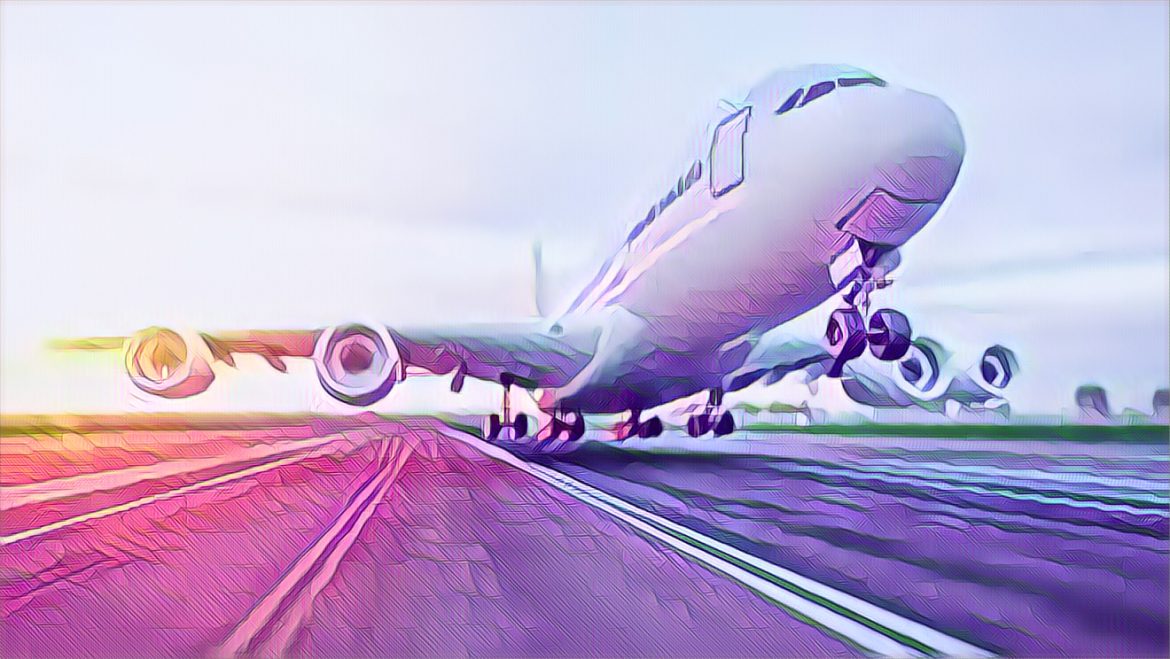Nigeria is facing a potential crisis in its aviation sector as some foreign airlines are threatening to stop their services to the country over unpaid funds. The airlines claim that the Nigerian government owes them about $800 million in ticket sales that they have not been able to repatriate due to foreign exchange restrictions.
The issue of blocked funds has been a longstanding problem for foreign airlines operating in Nigeria, where they are required to sell tickets in the local currency, the naira, but need to convert it to dollars or other currencies to cover their operational costs. However, the naira has been devalued several times in recent years due to the economic downturn caused by low oil prices and the COVID-19 pandemic, making it harder for the airlines to access foreign exchange at the official rate.
According to the International Air Transport Association (IATA), Nigeria has the highest amount of airlines’ blocked funds in the world, followed by Egypt, Algeria, Ethiopia, and Zimbabwe. The association has appealed to the Nigerian government to allow the airlines to repatriate their funds and avoid further damage to the aviation industry.
The Nigerian government has acknowledged the problem and announced the payment of another $61 million to the airlines last week, but this amount is seen as a drop in the ocean by the affected carriers. The president of the Association of Foreign Airlines Representatives in Nigeria (AFARN), Kingsley Nwokoma, said that the payment was not enough to address the financial challenges of the airlines and urged the government to negotiate an agreement with them to restore their confidence.
Nwokoma warned that some of the foreign airlines may leave Nigeria in protest of their trapped funds, which would have negative consequences for the country’s economy, tourism, and trade. He said that the reduction of airline services to Nigeria would also lead to higher ticket prices and less accessibility for travelers.
The situation is not unique to Nigeria, as several other African countries have also imposed foreign exchange controls that affect the aviation sector. According to IATA, African airlines lost $2 billion in 2020 due to the COVID-19 crisis and are expected to lose another $1.7 billion in 2021. The association has called for more financial support and regulatory relief for the airlines to survive and recover from the pandemic.
Despite the challenges, some experts and stakeholders are optimistic that the Nigerian aviation sector can overcome the current crisis and achieve its full potential. They point out that Nigeria has a large and growing population, a strategic location, and a diversified economy that offers opportunities for the development of air transport. They also urge the government to implement reforms and policies that would improve the business environment and attract more investment to the sector.
Source: MSN


